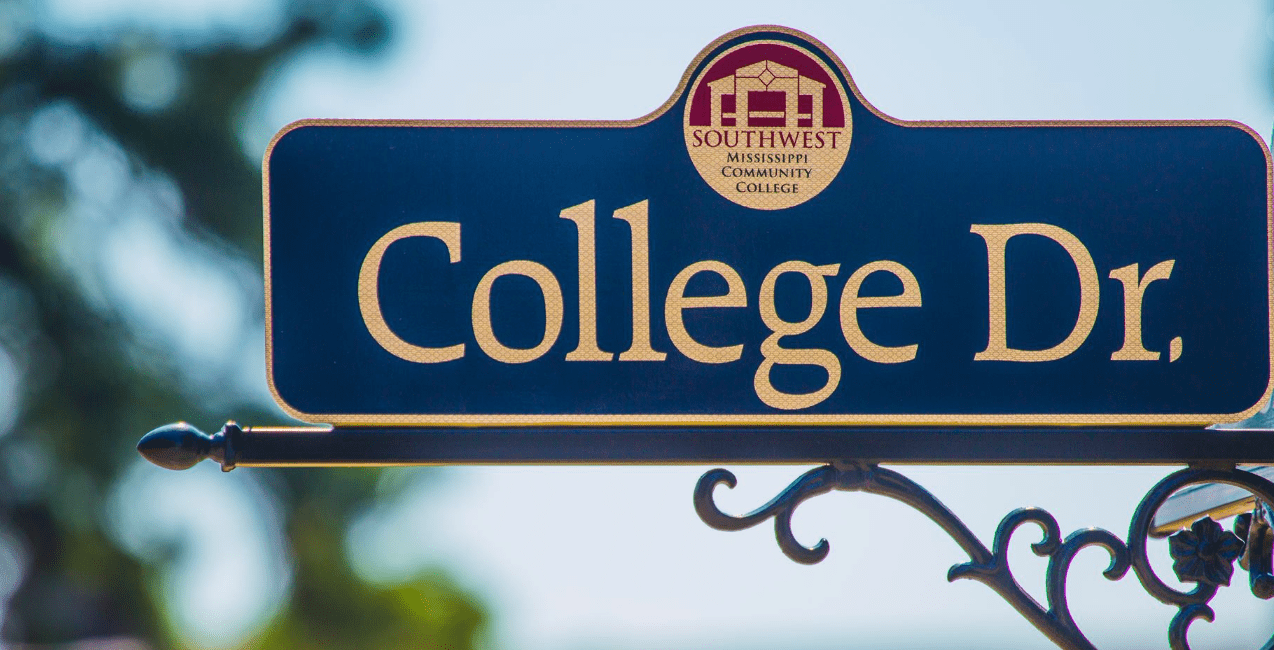Should We Abolish Second Primaries?
The more I consider instant runoff voting (IRV), the more I like it. Simply put, it’s a way to guarantee that a candidate gets 50-plus percent in a party primary without requiring the voters to make a second trip to the polls. IRV can also be used in general elections. Moreover, it saves the taxpayers thousands of dollars per election cycle as well as reducing the costs of campaigns.
Mississippi is one of only 10 states that has party runoff (or second) primaries; all except Kentucky and Oklahoma are in the South.[1] In the early 1900s, when states began mandating that parties hold primaries, most elections in the South were decided in the Democratic primary. Hence second primaries were necessary to ensure that no one was elected with a small plurality of the vote.
An op-ed in The State newspaper advocates replacing South Carolina’s second primaries with IRV. Its authors are state Rep. Bill Herbkersman and Rob Richie, executive director of FairVote .
“… tested out with good results in North Carolina, instant runoff voting determines a majority winner in one efficient election.”
As I recall, North Carolina has been experimenting with IRV in 10 counties, which strikes me as a good approach.
“Voters gain the option to rank candidates in order of preference rather than select only one choice. If no candidate wins with a first-choice [50-plus percent], the two candidates with the most votes advance to the instant runoff. Ballots that were cast for eliminated candidates are added to the totals of the runoff candidates according to which runoff candidate is ranked next on the ballot.”
From what I’ve read of the working of IRV in various places, the candidates are generally more respectful of each other in the campaign, since each hopes to be the second choice of the other candidates’ supporters.
“Instant runoff voting is used in countless private organizations because it is recommended in Robert’s Rules of Order. It has been adopted to replace two rounds of voting in jurisdictions in California, Florida, Minnesota, North Carolina and Tennessee.”
Some 70 percent of Memphis’s voters recently approved IRV for that city. Memphis already had nonpartisan municipal elections, in which all candidates run in the same election. So IRV will reduce the total number of voting rounds from two to one.
As the article details, there is almost always a big drop-off in the turnout for the second party primary.[2]
It’s also worth noting that Mississippi Republicans have only had one second primary for governor– the 1991 runoff between Kirk Fordice and state auditor Pete Johnson. Of course, for an office other than president, the Republicans’ very first contested primary was the 1972 U. S. Senate race, in which Gil Carmichael defeated James Meredith.
Thanks to Rick Hasen for the link to the op-ed.
******************************
[1] Kentucky’s party runoff provision is for the office of governor only. It took effect in 1995 and has never been used; it’s likely to be eliminated before the 2011 state elections. Louisiana only has party runoffs for the U. S. Congress, since that state does not have party primaries for local or state offices.
[2] Georgia is the only state that has party primaries AND runoff general elections. In the hotly-contested December 2, 2008 runoff general election for U. S. senator, the turnout was 54 percent of the turnout for the November 4 general election.
Free Citizen Blog
5/22/9







